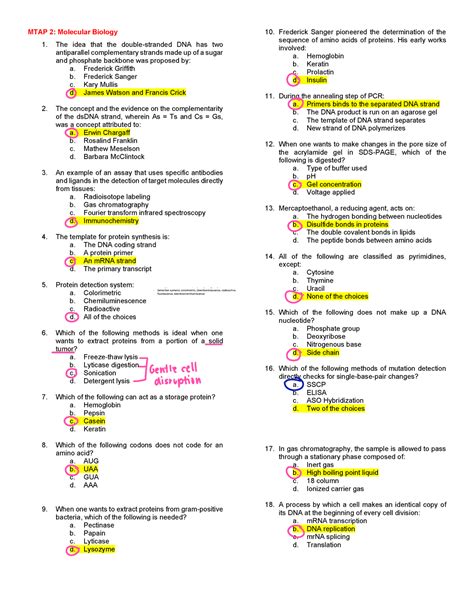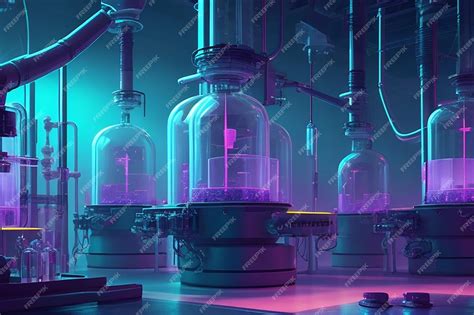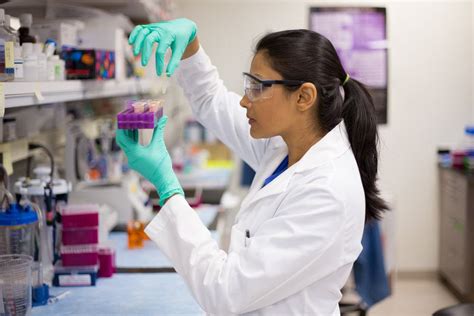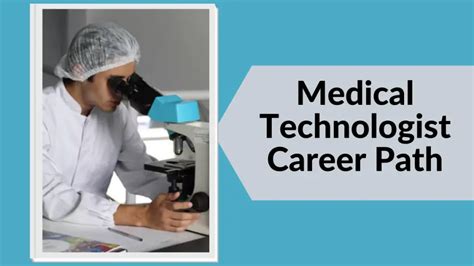Intro
Discover the Med Tech job description and uncover the responsibilities, skills, and qualifications required to succeed in this in-demand medical technology role. Learn about the daily tasks, workplace settings, and growth opportunities in this field, and explore related careers in medical laboratory science and healthcare technology.
The medical technology industry is rapidly evolving, with new innovations and advancements being made every day. As a result, the demand for skilled and knowledgeable professionals in this field is on the rise. One of the most in-demand careers in med tech is the medical technologist, also known as a clinical laboratory technologist or medical laboratory technologist.

Medical technologists play a vital role in the healthcare system, working behind the scenes to analyze body fluids, tissues, and cells to help diagnose and treat diseases. They are responsible for conducting laboratory tests, operating complex equipment, and interpreting results to provide accurate and reliable data to healthcare providers.
Key Responsibilities of a Medical Technologist
The primary responsibilities of a medical technologist include:
- Conducting laboratory tests and analyses on body fluids, tissues, and cells
- Operating and maintaining complex laboratory equipment, such as microscopes and automated analyzers
- Interpreting test results and providing accurate and reliable data to healthcare providers
- Developing and implementing new laboratory procedures and protocols
- Collaborating with healthcare providers to develop treatment plans and make diagnoses
- Maintaining accurate and detailed records of test results and patient information
Specializations in Medical Technology
Medical technologists can specialize in a variety of areas, including:
- Clinical chemistry: analyzing blood and body fluids to diagnose and monitor diseases
- Hematology: analyzing blood cells to diagnose and monitor blood disorders
- Microbiology: analyzing body fluids and tissues to diagnose and monitor infections
- Molecular diagnostics: analyzing DNA and RNA to diagnose and monitor genetic disorders
- Immunohematology: analyzing blood types and cross-matching blood for transfusions
Education and Training Requirements
To become a medical technologist, you typically need to complete a bachelor's degree program in medical technology or a related field, such as biology or chemistry. Many programs are accredited by the National Accrediting Agency for Clinical Laboratory Sciences (NAACLS) and include coursework in subjects such as:
- Clinical chemistry
- Hematology
- Microbiology
- Molecular diagnostics
- Immunohematology
- Laboratory management and operations
In addition to formal education, medical technologists must also obtain certification or licensure to practice in most states. The most common certifications are offered by the American Society for Clinical Pathology (ASCP) and the American Medical Technologists (AMT).

Certification and Licensure
Certification and licensure requirements for medical technologists vary by state, but most states require certification or licensure to practice. The most common certifications are:
- Medical Technologist (MT)
- Medical Laboratory Technician (MLT)
- Clinical Laboratory Scientist (CLS)
- Certified Laboratory Assistant (CLA)
Salary and Job Outlook
The salary and job outlook for medical technologists are excellent. According to the Bureau of Labor Statistics (BLS), the median annual salary for medical technologists was $54,180 in May 2020. The BLS also predicts that employment of medical technologists will grow 7% from 2020 to 2030, faster than the average for all occupations.
Growth Opportunities
Medical technologists have many opportunities for growth and advancement, including:
- Specializing in a particular area of medical technology, such as molecular diagnostics or immunohematology
- Moving into leadership or management positions, such as laboratory manager or director
- Pursuing advanced degrees, such as a master's or doctoral degree, in medical technology or a related field
- Teaching or educating students in medical technology programs

Work Environment
Medical technologists typically work in laboratories, hospitals, clinics, or research institutions. They may work in a variety of settings, including:
- Clinical laboratories
- Research laboratories
- Hospital laboratories
- Clinic laboratories
- Public health laboratories
Work Schedule
Medical technologists typically work a standard 40-hour workweek, but may be required to work evenings, nights, or weekends. They may also be required to be on call to respond to emergency situations.
Skills and Qualities
Medical technologists need a variety of skills and qualities to be successful, including:
- Strong analytical and problem-solving skills
- Attention to detail and accuracy
- Ability to work independently and as part of a team
- Strong communication and interpersonal skills
- Ability to maintain confidentiality and handle sensitive information
Professional Organizations
Medical technologists can join professional organizations, such as the American Society for Clinical Pathology (ASCP) and the American Medical Technologists (AMT), to stay current with industry developments, network with colleagues, and access continuing education opportunities.

Conclusion
Medical technologists play a vital role in the healthcare system, working behind the scenes to analyze body fluids, tissues, and cells to help diagnose and treat diseases. With excellent salary and job outlook, opportunities for growth and advancement, and a variety of specializations to choose from, a career as a medical technologist can be a rewarding and challenging choice.
If you're interested in pursuing a career as a medical technologist, we encourage you to comment below and share your thoughts and experiences. We also invite you to share this article with others who may be interested in learning more about this exciting career.
What is the average salary for a medical technologist?
+The median annual salary for medical technologists was $54,180 in May 2020, according to the Bureau of Labor Statistics.
What are the education and training requirements for a medical technologist?
+To become a medical technologist, you typically need to complete a bachelor's degree program in medical technology or a related field, such as biology or chemistry.
What are the growth opportunities for medical technologists?
+Medical technologists have many opportunities for growth and advancement, including specializing in a particular area of medical technology, moving into leadership or management positions, and pursuing advanced degrees.
